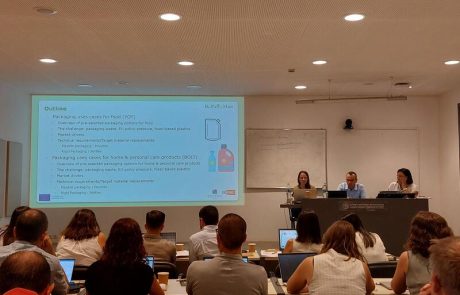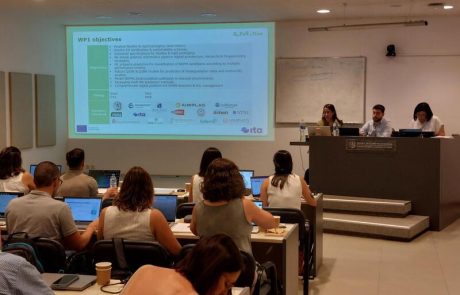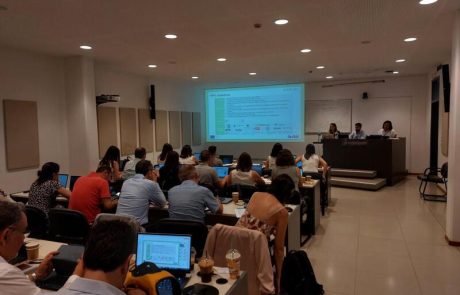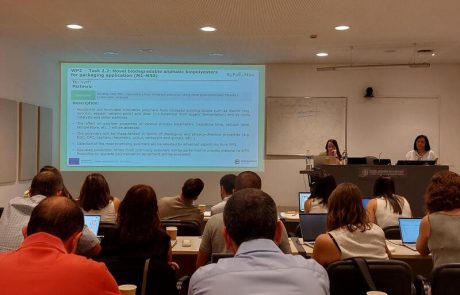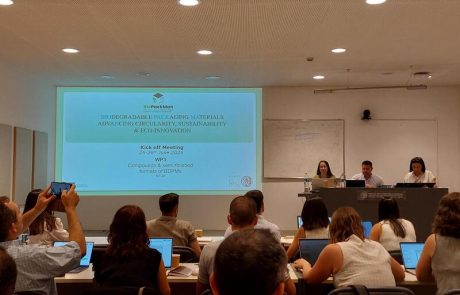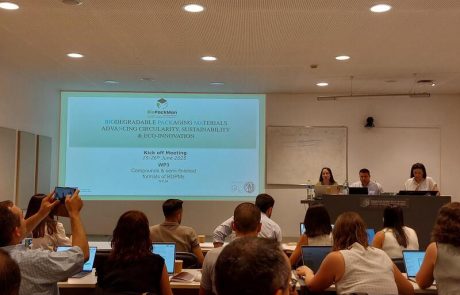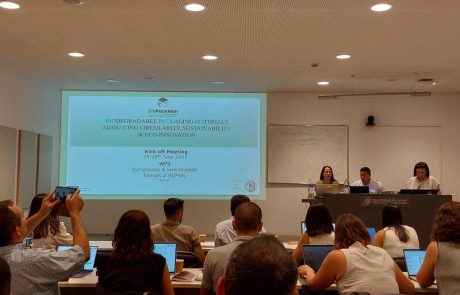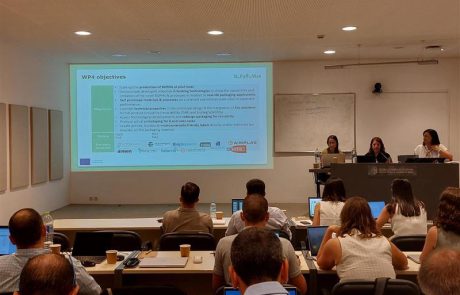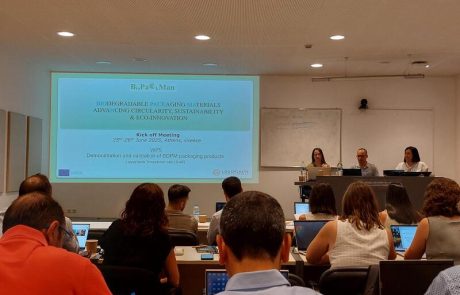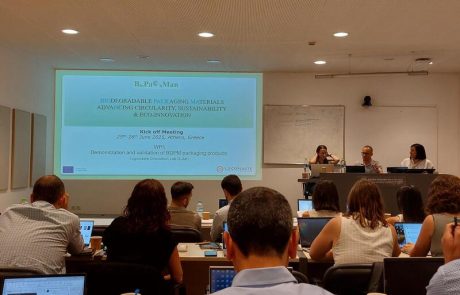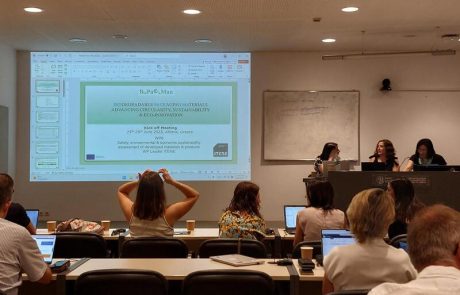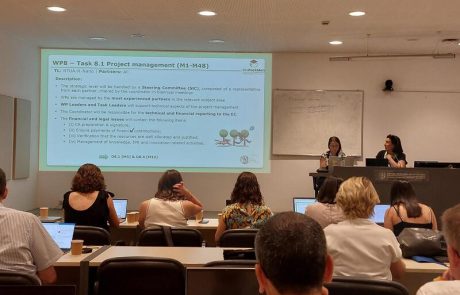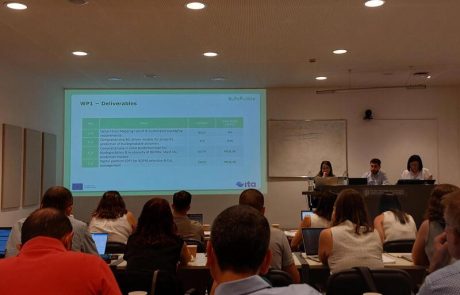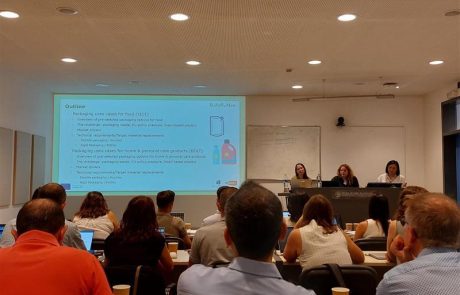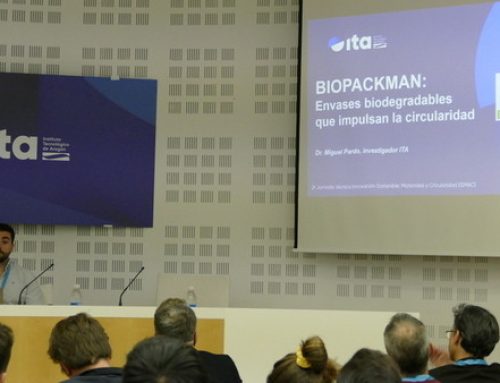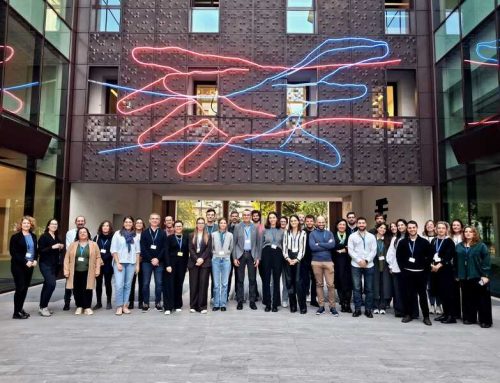27 June 2025
We are pleased to announce the official launch of BioPackMan – Biodegradable Packaging Materials Advancing Circularity, Sustainability & Eco-Innovation, a cutting-edge research and innovation project funded by the European Union’s Horizon Europe programme. The project sets out with an ambitious goal: to develop truly circular and biodegradable packaging materials capable of addressing today’s most pressing environmental challenges.
The project officially kicked off with a meeting held on June 25–26, 2025, in Athens, hosted by the National Technical University of Athens (NTUA) – RnanoLab, which also coordinates the project. BioPackMan brings together a multidisciplinary consortium of research centers, technology providers, material converters, and industrial brands from across Europe, all committed to reducing the environmental footprint of plastic packaging.
At the heart of BioPackMan is the development of next-generation biodegradable polymer materials (BDPMs) such as PHAs, PBS/PBSA, and PLA. These materials are being designed to meet demanding performance requirements in terms of mechanical strength, gas barrier properties, and thermal and chemical resistance. The project will deliver four innovative biodegradable formulations and six sustainable additive systems, incorporating natural ingredients such as cellulose nanomaterials, nanolignin, and plant-based extracts.
Throughout the project, six packaging demonstrators will be developed for key application sectors including food, personal care, and home care. The entire innovation process will be guided by the principles of Safe-and-Sustainable-by-Design (SSbD), with a strong focus on safety, sustainability, and lifecycle thinking.
One of BioPackMan’s distinguishing features is its system-level approach to biodegradation, considering it not just as a material property but as an integral aspect of functionality and end-of-life management. Multi-tier biodegradation testing will be carried out under various environmental conditions, reflecting both intended and unintended disposal scenarios. Furthermore, the new materials will be benchmarked against conventional plastics such as PP, PE, and PET, to assess their circularity and replacement potential.
With BioPackMan, the consortium aims to advance scientific knowledge while actively contributing to the goals of the European Green Deal, the EU Plastics Strategy, and the Circular Economy Action Plan.
In the coming months, further updates will be shared on the project’s progress and milestones. While BioPackMan is just beginning, it already shows strong promise in leading the transition towards a more sustainable packaging future.
